We are delighted to share the first of a two-part thinkpiece by Dee Inwood, Managing Director at The National College, and FED Core Partner. In a world of rapid technological, societal and institutional change, our education system is at a crossroads. From teacher burnout to AI disruption, the challenges are real – but so are the opportunities. These two blogs explore a powerful truth: professional learning isn’t a luxury, it’s a necessity. Discover why investing in educators is the key to unlocking student success, workforce stability and long-term reform. With fresh insights, real examples and powerful data, this is a must-read for anyone serious about the future of education. Read the full article to learn why professional development should be the beating heart of every school’s strategy.
The Only Constant is Change – Rethinking the Future of Education.
The education sector is facing an unprecedented set of challenges—some of them long-standing, others rapidly emerging. From teacher recruitment and retention crises to the disruptive influence of AI and social media on young minds, today’s schools are navigating a complex web of societal, technological, and institutional pressures.
In England, many schools are grappling with inadequate physical infrastructure, unsustainable workloads, and mounting expectations around flexible working practices. Amidst these hurdles, one pivotal question looms: what will the school of the future look like?
What roles will teachers play in a world driven by constant technological change? What kind of support systems will need to wrap around a young person to ensure they can thrive – not just academically, but emotionally, socially, and economically?
While we don’t have a crystal ball, we can rely on one enduring truth: change is inevitable. Greek philosopher Heraclitus captured this beautifully when he said, “No man ever steps in the same river twice, for it’s not the same river and he’s not the same man.”
Young people, by definition, are in a state of growth and transformation. Yet the world around them is changing too – arguably faster than ever before. The school environment must be agile and responsive to these shifts, equipping students with not only academic knowledge but also the adaptability, empathy, and skills required for a future that remains undefined.
For educators, this means remaining relevant and connected to their students’ lives, contexts, and challenges. The teacher of tomorrow must not only teach but learn continuously, adapting their knowledge and methods to stay in step with young people and the ever-evolving world they inhabit.
Which leads to a fundamental truth: professional development must be at the heart of educational reform.
Stay tuned for Part 2, where we explore how empowering educators through purposeful professional learning can build stronger relationships, improve student outcomes, and create a workforce prepared for the future.



